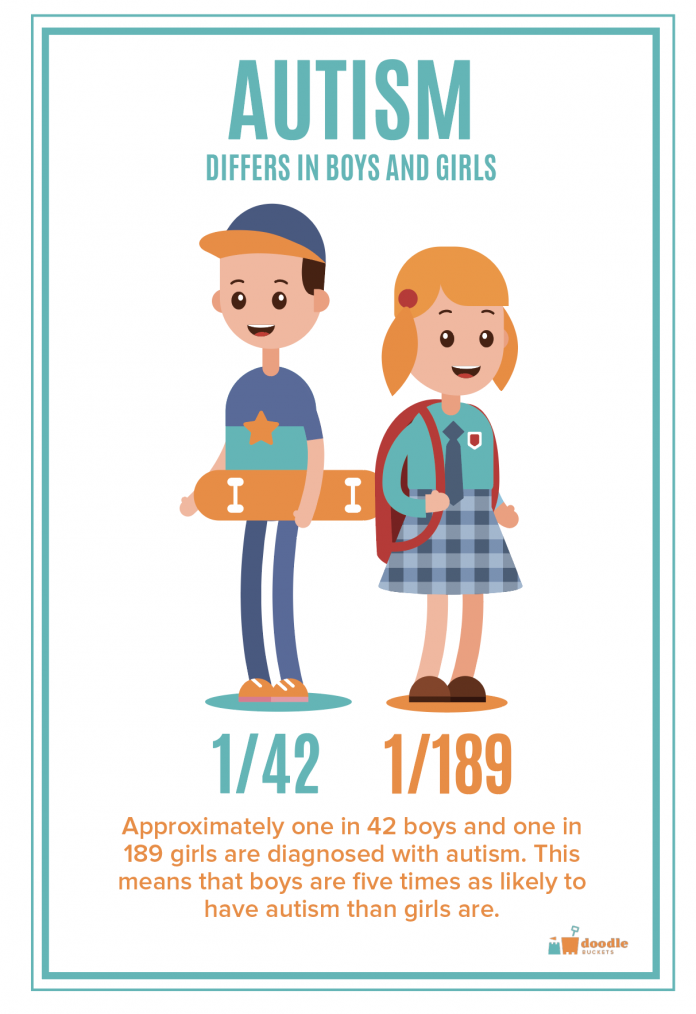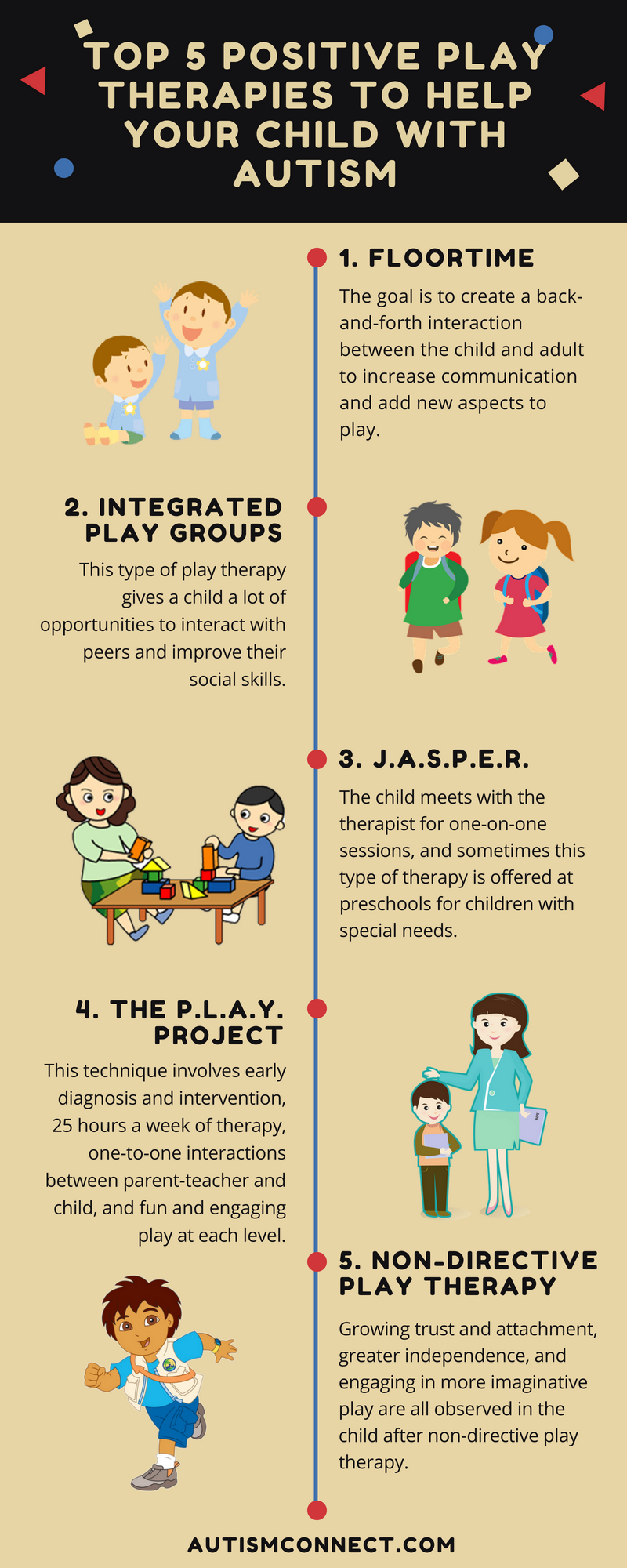Medicinal Therapy In Autism: A Proposition For Standards On Common Co-occurring Psychiatric Signs And Symptoms Full Message
The treatment of co-occurring concerns such as ADHD, stress and anxiety, or irritability may result in a much more secure state of mind and a decrease in the regularity and intensity of short durations of depressing affect. Duloxetine is a serotonin-norepinephrine reuptake inhibitor (SNRI) that is FDA-approved for the treatment of Significant Depressive Problem (MDD) in non-autistic grownups and GAD in non-autistic kids, teenagers and grownups. Presently, there are no published RCTs evaluating using duloxetine in the ASD populace. Duloxetine is recommended as a first-line alternative for co-occurring anxiety and depression and as a second-line choice for anxiety alone. Duloxetine is offered in capsules of 20 mg, 30 mg, 40 mg, and 60 mg and should be swallowed whole.
Cancer Information, Solutions, And Hope Readily Available Every Minute Of Daily
In one research study of grownups with ASD, 85% had rest problems [41] and in grownups with ASD and intellectual impairment (ID) about 45% were reported to have rest issues [42] Even though rest disturbances are common in ASD throughout the life-span, they are reported less usually in adults because of adaptation to damaged sleep patterns, and adult ASD sleep disruptions are understudied [43] Acknowledgment and therapy of co-occurring psychological and behavioral conditions in autistic patients need to account for distinctions in medical presentation and drug efficiency and tolerability.
Doing so not only lessens the tons emotionally but can aid you normalize autism in your life. To help you via the journey, find a team Check out this site of specialists and medical care specialists with whom you can team up as a partner. Never forget that your understandings and experiences are vital to making educated judgments.
If a medicine results in a partial response, after that augmentation with bupropion or lithium may help achieve remission. If a patient has no reaction or does not endure a medication, then the medication ought to be tapered off, and the following alternative should be tried. If the symptoms of anxiousness are interfering with every day life and treatment is needed, behavior modification and educational approaches might be proper for some people.
What Are The Therapies For Autism?

- The therapy may be provided in individual or group sessions, in clinical settings, schools, or through teletherapy systems.Establishing organized regimens offers stability for youngsters, decreasing stress and anxiety and potential behavioral concerns.Duloxetine is a serotonin-norepinephrine reuptake inhibitor (SNRI) that is FDA-approved for the therapy of Significant Depressive Problem (MDD) in non-autistic adults and GAD in non-autistic kids, adolescents and grownups.To reduce stress, it's essential for moms and dads to engage in self-care techniques such as physical exercise, mindfulness methods, or indulging in individual leisure activities that promote leisure.Buspirone is a 5-HT1A receptor partial agonist and dopamine (D2) antagonist.
Medication
The RUBI Parent Training for Turbulent Behavior was specifically backed by Lurie Center suppliers and initial effectiveness findings in recent feasibility researches are promising [132] Sixty-two subjects, ages 5-- 14 years, detected with autistic problem, Asperger's disorder, or PDD-NOS, participated in an 8-week RCT of guanfacine emergency room to target symptoms of hyperactivity, spontaneity, and distractibility [83] ABC-Hyperactivity subscale ratings dropped by 43.6% in the active treatment group and 13.2% in the placebo group. The guanfacine team had a 50% positive feedback price on the Clinical Worldwide Impressions-Improvement (CGI-I) scale compared to 9.4% for sugar pill.
